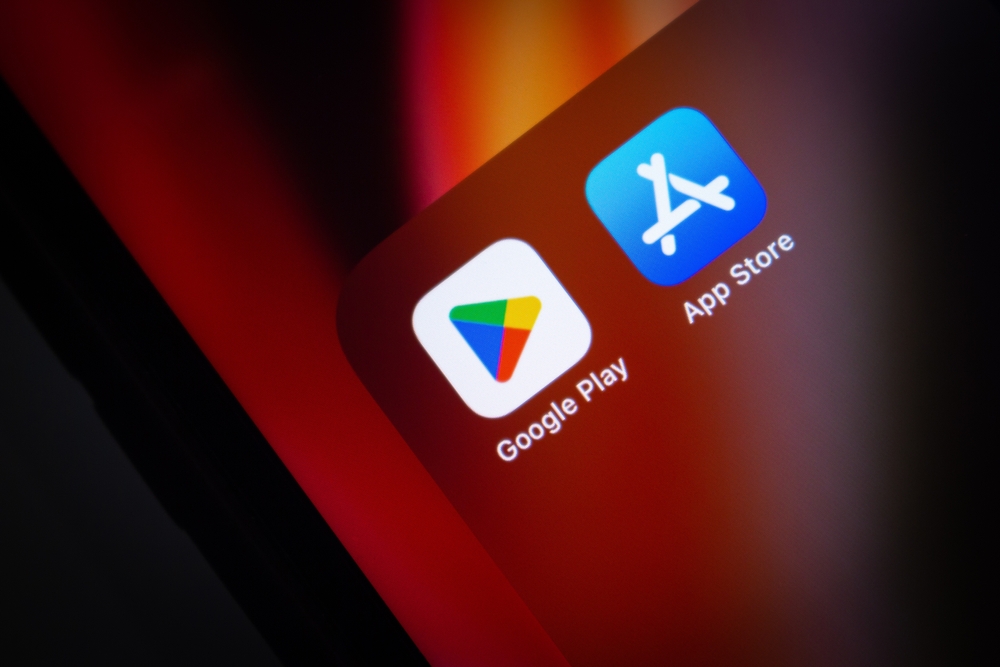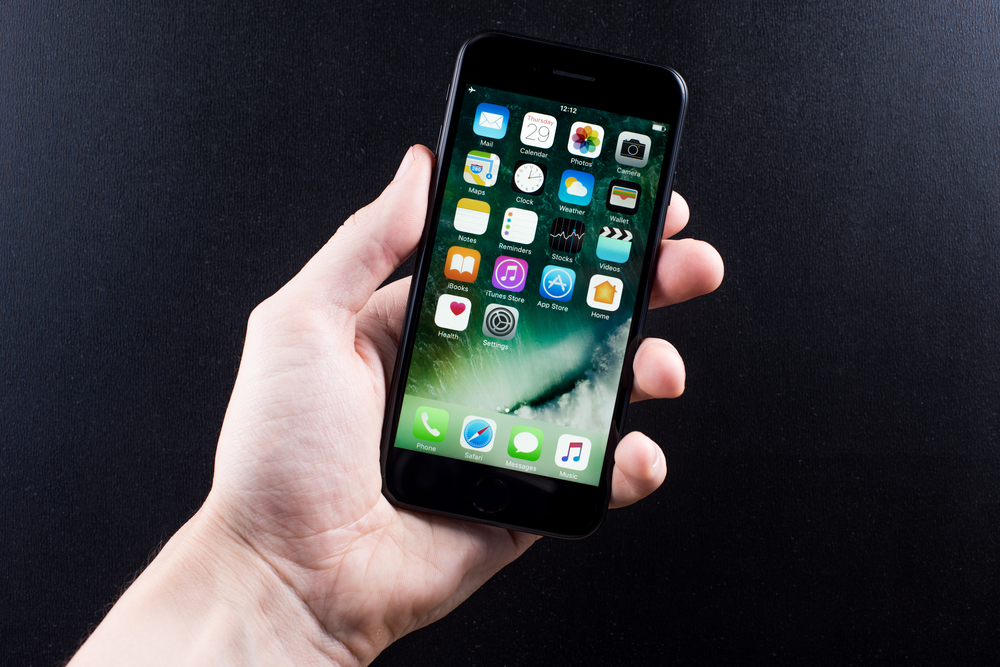
The Ultimate Guide to Mobile App Marketing: Insider Tips and Tricks for Effective Promotion

The mobile app market is booming, with millions of apps available for download across various platforms. With such fierce competition, it's crucial for app developers to have a solid marketing plan in place to ensure their app stands out from the crowd. In this ultimate guide, we'll explore insider tips and tricks for effective mobile app promotion.
1. Define Your Target Audience
Before diving into marketing your mobile Google Play or App Store app , it's crucial to identify your target audience. Understanding who your app is designed for will help you tailor your marketing strategies and reach the right users. Conduct market research, analyze your app's unique selling points, and create user personas to guide your marketing efforts effectively.
2. App Store Optimization (ASO)
Just like search engine optimization (SEO), app store optimization (ASO) is a crucial component of mobile App Store or Google Play app marketing. ASO aims to improve your app's visibility in app store search results and increase organic downloads. Focus on optimizing your app's title, description, keywords, and screenshots to attract potential users. Including relevant and frequently searched keywords in these elements can significantly impact your app's visibility.
3. Create a Compelling App Website
Building a dedicated website for your mobile iOS or Android app can be a powerful marketing tool. A website provides a centralized platform to showcase your app's features, benefits, and user testimonials. Additionally, it allows you to drive traffic through content marketing strategies like blogging and search engine optimization.
Ensure your app website is visually appealing, loads quickly, and has a clear call-to-action button for users to download your app. Consider incorporating app demo videos or tutorials to give potential users a taste of what your app offers.
4. Leverage Social Media Platforms
Social media platforms have become an integral part of our daily lives, making them ideal marketing channels for promoting your mobile Android or iOS app . Create engaging content to captivate your target audience and spark interest in your app. Share interactive visuals, behind-the-scenes development updates, and user testimonials to build a sense of anticipation and trust.
Consider investing in targeted social media ads to expand your reach. Platforms like Facebook, Instagram, and Twitter provide powerful targeting options to ensure your ads are seen by the right users. Collaborating with influencers or industry experts who align with your app's niche can also amplify your reach and lend credibility to your brand.
5. Implement User Acquisition Strategies
User acquisition is the process of attracting new users to download and use your app. Implementing effective user acquisition strategies is critical for your app's success. Consider partnering with affiliate networks, running referral programs, or offering exclusive incentives to encourage user acquisition.
Additionally, explore app install campaigns on various platforms, including Google Ads, social media ads, and app-specific ad networks. Optimize your campaigns by targeting relevant keywords, demographics, and platforms to maximize your app's visibility to potential users.
6. Engage with Your Users
Customer engagement is key to building a loyal user base and ensuring long-term success for your mobile app. Encourage users to provide feedback, ask questions, or share their experiences with your app. Engage with your audience through app store reviews, social media channels, or even dedicated forums.
Regularly communicate updates, new features, and bug fixes to your users to demonstrate your commitment to providing them with an exceptional app experience. Responding promptly to user inquiries and taking their feedback into account can improve user satisfaction and drive positive reviews and recommendations.
Frequently Asked Questions (FAQs):
Q1: How long should my app's description be?
A1: It's recommended to keep your app's description concise, but informative. Aim for around 300-500 words, highlighting the app's unique features, benefits, and value proposition.
Q2: Which platforms should I focus on when promoting my mobile app?
A2: The choice of platforms depends on your app's target audience. Consider researching and analyzing which platforms are most popular among your target demographic. Generally, Android and iOS are the primary platforms to focus on.
Q3: How can I measure the success of my mobile app marketing efforts?
A3: There are various key performance indicators (KPIs) that can help measure your app's success, such as the number of downloads, user engagement metrics, retention rate, and return on investment (ROI) from marketing campaigns.
Q4: Can I promote my app offline as well?
A4: Absolutely! Offline promotion can complement your online marketing efforts. Attend industry trade shows, conferences, or local events related to your app's niche to reach potential users directly.
Q5: Is it worth investing in paid app reviews and ratings?
A5: While paid app reviews and ratings may seem tempting, they may not always provide genuine user feedback. Organic reviews and ratings from real users carry more weight and credibility. Focus on delivering an exceptional app experience, and the positive reviews will follow naturally.
In conclusion, effective mobile app marketing requires a combination of strategies tailored to your app's target audience. From app store optimization to social media engagement and user acquisition tactics, every aspect plays a crucial role in promoting your app successfully. By implementing these tips and tricks, you'll be well on your way to driving app downloads, user engagement, and long-term success in the competitive mobile app market.
Other useful resources
- https://en.wikipedia.org/wiki/IOS
- https://en.wikipedia.org/wiki/Google_Play